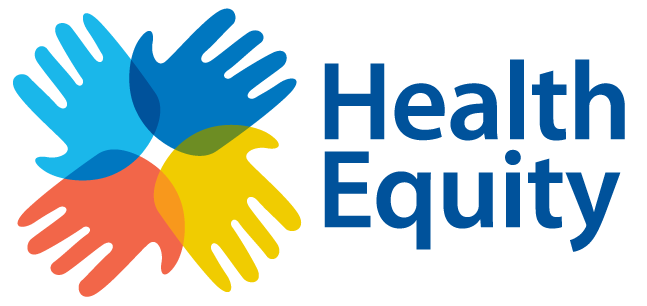A Strategic Web-based Education & Engagement Plan (SWEEP) is a virtual, multi-event learning program. A SWEEP brings together technology, education, and support. It consists of presentations and small learning circles.

Opioids are currently the main driver of drug overdose deaths in the U.S.
In 2018, 128 people died from an opioid-related overdose each day. This public health crisis has had a devastating impact on those suffering from an opioid use disorder (OUD), and increasingly for racial and ethnic minorities. In fact, opioid overdose deaths are rising faster for Blacks and Hispanics, and overdose deaths related to synthetic opioids are on the rise for Blacks, Hispanics, Asian/Pacific Islanders, as well as non-Hispanic Whites. Racial bias and stigma often experienced by minorities when seeking healthcare diminishes their willingness to seek treatment. Minorities also tend to face challenges accessing treatment, often due to socioeconomic factors and less access to care.
In this educational series, discover ways to identify and address disparities by embedding equity into targeted interventions to support individuals living with an OUD, their families, and care partners. Learn how an equitable approach to care considers an individual’s unique circumstances, increasing patient trust, communication and engagement.
SWEEP Sessions
- January 19: Advancing Cultural Competency and Health Literacy to Achieve Health Equity
- February 23: Culturally Competent Approaches to Opioid Use Disorder Treatment
- March 23: Stigma Kills: Addressing Opioid Use Disorder By Changing Culture
- April 20: What We Bring to the Room: Reflecting on the Impact of Bias in Care
- May 25: Delivering Whole Person Care: Improving Outcomes in Opioid Use Disorder Treatment
In this educational series, we’ll cover:
- How organizations can identify, prioritize, monitor, and eliminate health disparities
- Ways to improve patient and organizational health literacy for better health outcomes
- Perceptions of addiction, stigma, implicit bias, and their impacts on OUD treatment
About the SWEEP
- Monthly webinars
- Tuesdays
- 11AM-12PM EDT
Who should participate?
- This series is open to all those interested in reducing disparities to achieve health equity, especially home health agencies, hospitals, nursing homes, clinicians, and physician offices.
What are the benefits to participating?
- Value-based reimbursement: It is beneficial for organizations to embed a culture of equity.
- Advance your team’s supports: Offer more effective support services and tools.
- Eliminate stigma and implicit bias: Help address social risk factors—such as unstable housing, unemployment, and food insecurity that can impact treatment success.

